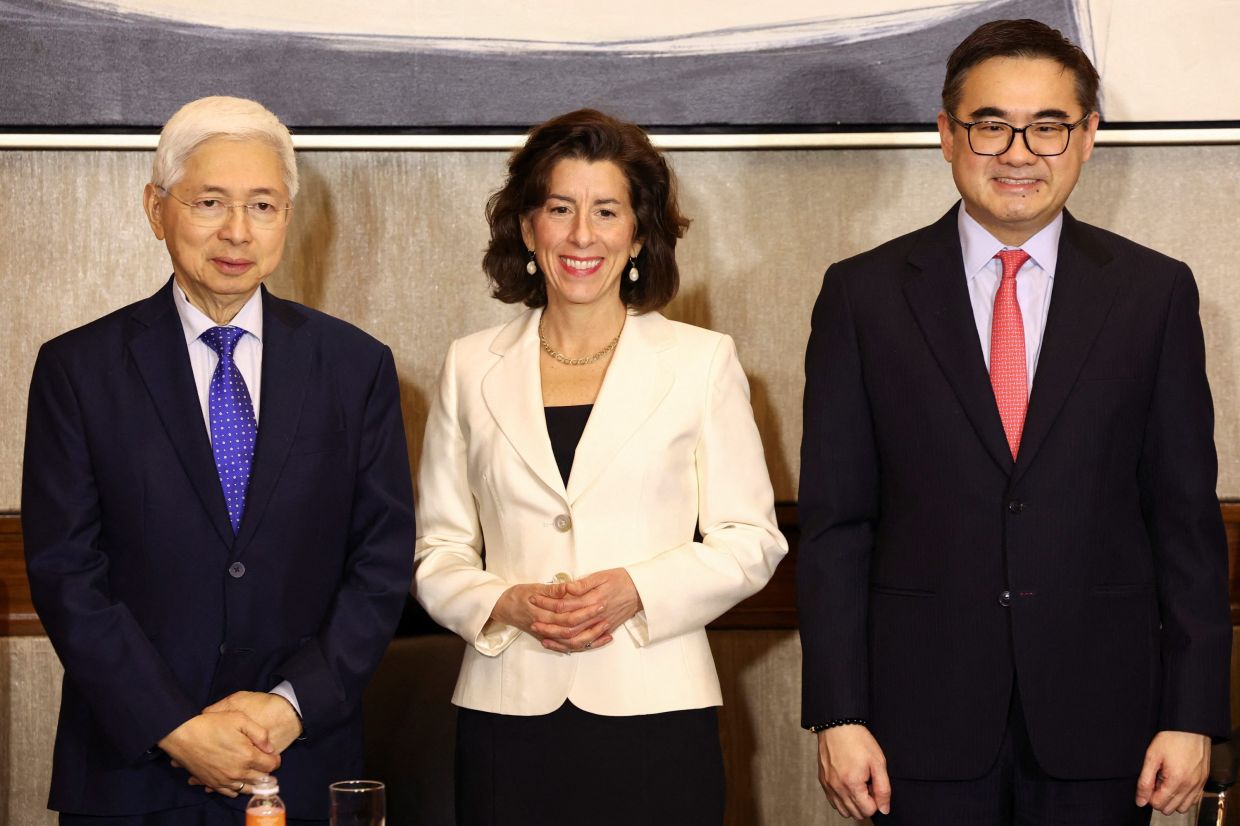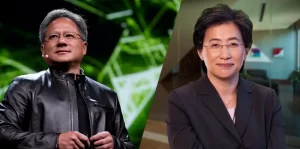Introduction
In a bold move to bolster its position in the global semiconductor industry, the Philippines Ambitious Plans to Train 128,000 Semiconductor Professionals by 2028
This ambitious endeavor, spearheaded by President Ferdinand Romualdez Marcos Jr., marks a significant milestone in the country’s journey towards becoming a key player in high-technology industries.
Follow us on Linkedin for everything around Semiconductors & AI
Addressing High-Tech Needs:
President Marcos emphasized that the Philippines is ready. He did this during a meeting with a US delegation. Commerce Secretary Gina Raimondo led the delegation. The country is ready for the growing needs of high-tech industries. It will support talent development and encourage innovation. The goal is to align the workforce with the evolving needs of the semiconductor and electronics industry.
Read More: Chat with Any PDF: Powered By ChatGPT – techovedas
Driving Economic Growth:
The semiconductor and electronics sector is crucial for the Philippines’ economy. It contributes a lot to the country’s exports.
The semiconductor sector contributes 60% to the country’s export turnover. It drives economic growth and job creation.
The Philippines aims to enhance its global standing in semiconductor manufacturing. Investing in talent development is crucial.
It fosters innovation and strengthens the semiconductor industry.
Critical Role in the Global Semiconductor Value Chain:
The Philippines is recognized as a critical player in the global semiconductor value chain, specializing in assembly and packaging.
It has positioned itself as a preferred destination for semiconductor manufacturing. The country boasts a robust infrastructure and a skilled workforce.
It offers a conducive environment for companies seeking to establish a presence in the region.
Read More:Is Coding About to Become Obsolete? The Rise of Devin First AI Developer – techovedas
Embracing Research and Development:
President Marcos stresses the Philippines’ commitment to semiconductor R&D. The country aims to contribute to advanced assembly, packaging, and testing.
It seeks to drive technological advancements in the semiconductor sector. Fostering innovation and collaboration is a priority.
The Philippines aims to establish itself as a hub for semiconductor R&D in Southeast Asia.
Empowering the Filipino Workforce:
President Marcos highlighted the exceptional qualities of the Filipino workforce, emphasizing their youthfulness, high level of skill, adaptability, and creativity.
With a reputation for being fast learners and adept at navigating diverse cultures, Filipino professionals are well-positioned to excel in the dynamic and competitive landscape of the semiconductor industry.
Read More:Is Coding About to Become Obsolete? The Rise of Devin First AI Developer – techovedas
Infrastructure and Supportive Ecosystem:
The Philippines boasts a robust ecosystem that supports semiconductor manufacturing, including research institutions, technical training centers, and government initiatives aimed at promoting industry growth.
Additionally, the country offers incentives and support for companies investing in semiconductor R&D and manufacturing, further enhancing its attractiveness as a semiconductor hub.
Read More:Top 25 Japan’s Largest Companies by Market Cap in March 2024 – techovedas
Collaboration with Global Partners:
President Marcos highlighted the importance of collaboration with global partners to enhance the Philippines’ semiconductor capabilities.
By fostering strategic partnerships with leading semiconductor companies and research institutions, the country aims to leverage global expertise and resources to drive innovation and competitiveness in the industry.
Read More: India’s First Semiconductor Fab to Begin Production by 2026 – techovedas
Conclusion
In conclusion, the Philippines ambitious plan to train 128000 semiconductor professionals by 2028 reflects its steadfast commitment to driving technological innovation, fostering economic growth, and empowering its workforce.
With strong leadership, strategic partnerships, and a clear vision for the future, the Philippines is poised to make significant strides in the semiconductor industry and cement its status as a global hub for high-technology manufacturing.




